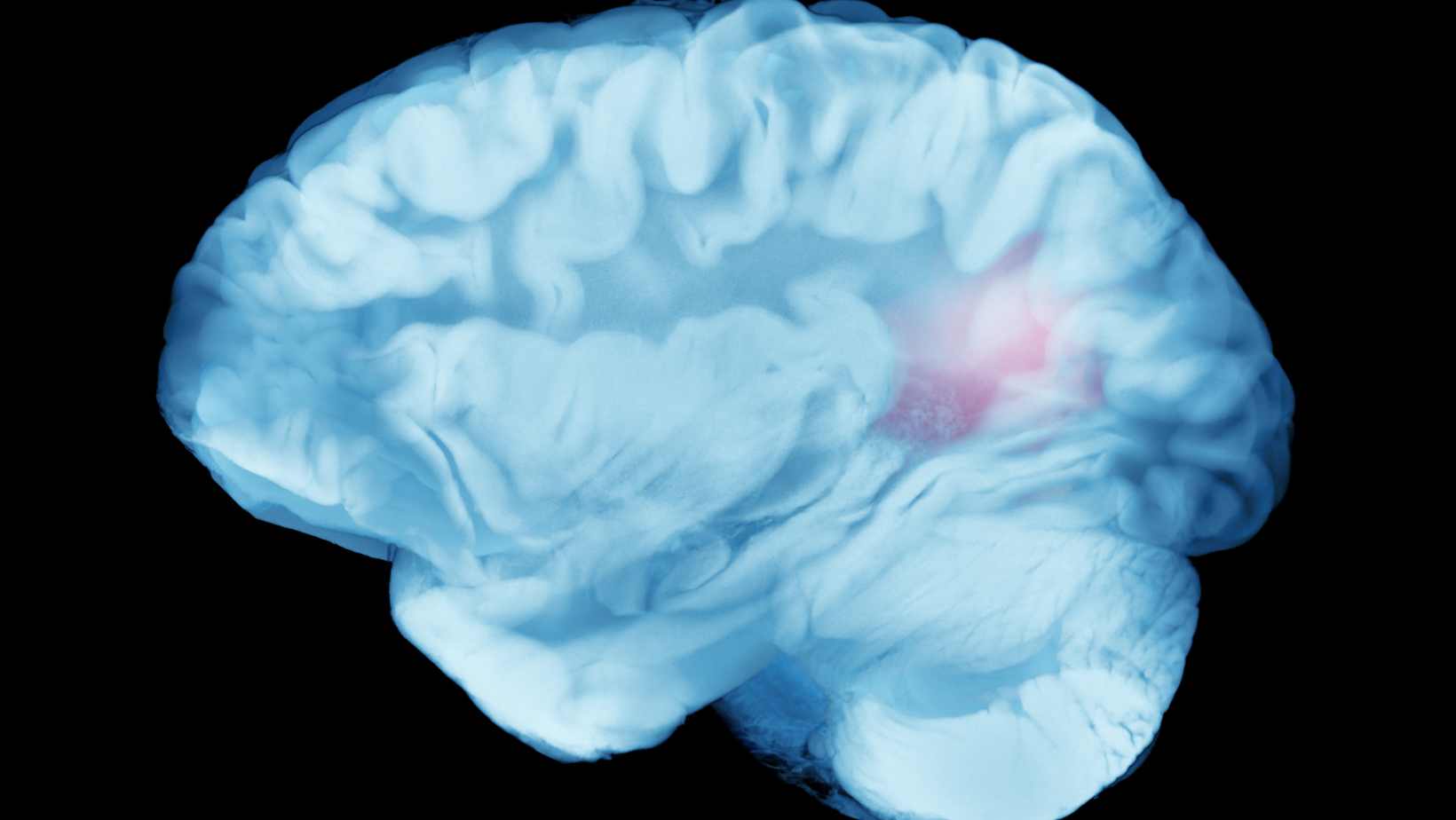Neurological conditions can significantly impact one’s quality of life. From headaches and chronic pain to more severe symptoms like memory loss and dizziness, it’s crucial to recognize when it’s time to seek the expertise of a neurologist. In this article, we will explore 6 signs that it’s time to consult a best neurologist and discuss how specialists can help diagnose and treat these conditions. At the Dr. Good Deed Clinic, renowned neurologist Dr. Chandril Chugh provides top-notch care for neurological disorders, offering patients the comprehensive support they need.
What Are Neurologists?
A neurologist is a medical professional specializing in diagnosing and treating conditions affecting the nervous system. This includes the brain, spinal cord, peripheral nerves, and muscles. Neurologists manage various disorders, from migraines and epilepsy to Parkinson’s disease and dementia. They use various diagnostic tests and therapeutic approaches to help patients manage their symptoms and improve their quality of life.
Signs You Need to Consult a Neurologist
Recognizing the signs that indicate the need for a neurologist’s expertise is crucial for timely diagnosis and appropriate treatment. Here are six common signs that it’s time to consult a best neurologist and how they can help.
Headache
Everyone experiences headaches occasionally, but certain characteristics can indicate a more serious issue. If you experience headaches frequently, especially if they are accompanied by symptoms like nausea, dizziness, or visual disturbances, it’s essential to consult a neurologist. Persistent headaches could signal an underlying neurological condition that requires specialized treatment.
Chronic Pain
Chronic pain is a condition that lasts longer than the usual course of an injury or illness, often persisting for months or even years. It can stem from various sources, including nerve damage or disorders like fibromyalgia. If your chronic pain is accompanied by other symptoms such as numbness or weakness, it’s time to see a neurologist. They can help identify the underlying cause and suggest appropriate treatment options.
Dizziness
Dizziness can manifest as vertigo—a sensation of spinning—or as disequilibrium, a feeling of unsteadiness. Both can be caused by neurological disorders affecting the brain’s balance centers. If you experience frequent dizziness or have difficulty maintaining balance, a neurologist can diagnose the underlying issue and recommend treatments to alleviate your symptoms.
Numbness
Tingling or numbness can result from various causes, including simple issues like restricted blood flow or more serious conditions like neuropathy or stroke. If numbness occurs suddenly, persists, or affects one side of the body, it’s crucial to seek medical attention. A neurologist can determine the cause and provide treatment to prevent further complications.
Memory Problems or Confusion
While occasional forgetfulness can be normal, significant memory issues, confusion, or personality changes may indicate a neurological disorder. Conditions like Alzheimer’s disease or other forms of dementia can impair cognitive function. A neurologist can perform tests to diagnose these conditions and develop a management plan to slow progression and improve quality of life.
Parkinson’s Disease
Parkinson’s disease is a progressive neurological disorder characterized by symptoms like tremors, stiffness, and slow movements. It primarily affects older adults and results from the loss of dopamine-producing brain cells. While there is no cure, early diagnosis by a neurologist can help manage symptoms through medication, therapy, and sometimes surgical interventions like deep brain stimulation.
Specialized Care at Dr. Good Deed Clinic
At Dr. Good Deed Clinic, Dr. Chandril Chugh and his team provide specialized care for a range of neurological conditions. With support from neuroradiology, neurosurgery, intensive care, and pathology departments, they offer comprehensive treatment plans tailored to each patient’s needs. For acute stroke patients, the clinic provides thrombolysis treatment, while those with spastic disorders can receive Botox therapy. The clinic also offers diagnostic tests like neostigmine testing for conditions such as myasthenia gravis.
Additional Resources
For more information on why regular neurological check-ups are essential, visit 10 Reasons To See A Neurologist Regularly. This resource provides valuable insights into maintaining neurological health and the importance of preventive care.
Conclusion
If you experience any of the symptoms mentioned earlier or have been diagnosed with a neurological condition, don’t hesitate to schedule an appointment with a neurologist. The dedicated team at Dr. Good Deed Clinic is well-equipped to provide expert diagnosis and treatment, ensuring you receive the highest level of care.
FAQs
What symptoms should prompt a visit to a neurologist?
Symptoms such as persistent headaches, chronic pain, dizziness, numbness, memory problems, and signs of Parkinson’s disease should prompt a consultation with a neurologist.
How does a neurologist diagnose neurological conditions?
Neurologists use a combination of patient history, physical examinations, and diagnostic tests like MRI, CT scans, and EEGs to diagnose neurological conditions.
Can chronic headaches be a sign of a serious neurological disorder?
Yes, chronic headaches can indicate serious conditions like migraines, cluster headaches, or even brain tumors, and should be evaluated by a neurologist.
What is the role of a neurologist in treating Parkinson’s disease?
Neurologists diagnose and manage Parkinson’s disease, recommending treatments like medication, physical therapy, and sometimes surgical options like deep brain stimulation.
Is numbness always a neurological issue?
Not always, but persistent or sudden numbness can indicate a neurological issue such as neuropathy, stroke, or multiple sclerosis, requiring evaluation by a neurologist.
What treatments are available for chronic pain from a neurological perspective?
Treatment options include medications, physical therapy, nerve blocks, and other interventional procedures depending on the underlying cause of the pain.
About The Author

Dr Chandril Chugh
This article is medically reviewed by Dr Chandril Chugh, he is committed & compassionate Board-Certified Neurologist, providing expert insights and reliable health information. with a Holistic Approach to Healing.
→ Book a consultation to discover which remedies suit your needs best.
About Author | Instagram | YouTube | Linkedin




